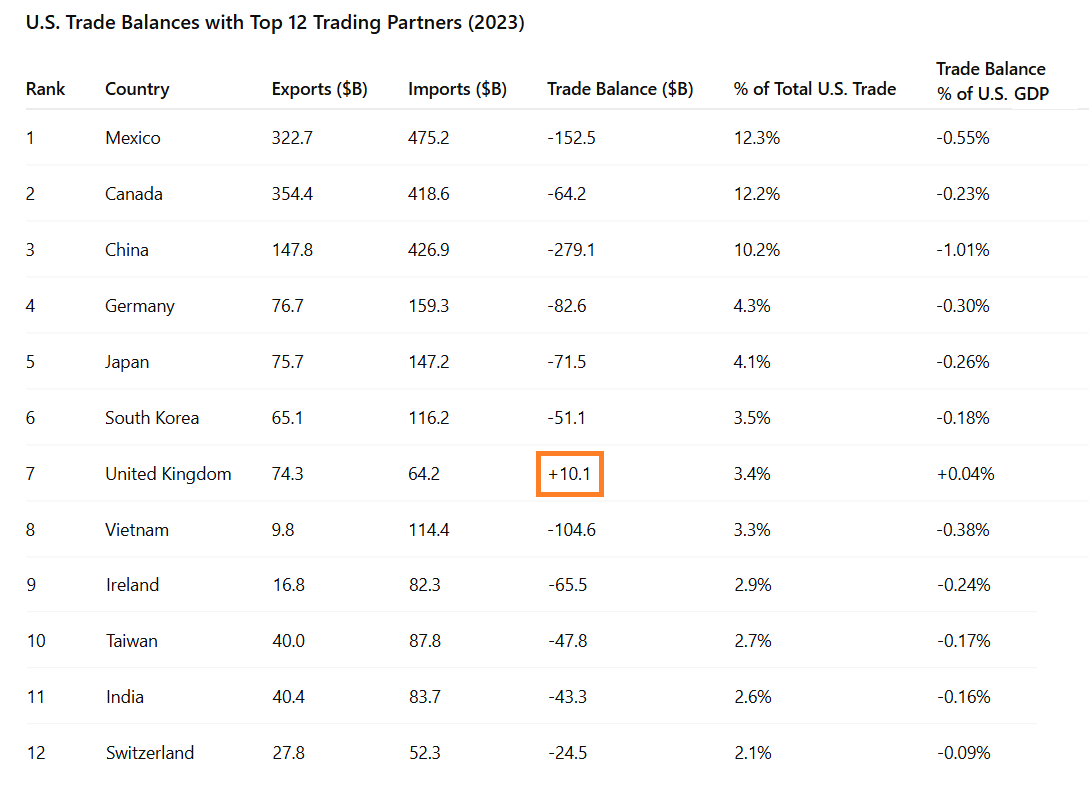Our neighbour is a plastic surgeon with a busy cosmetic practice; his licence plate reads “DOIT4U’. It’s become something of a punchline at our house when commissioning our kids, home from school for the summer, to help with jobs around the house. ‘Do it for you,’ we joke. In reality, of course, there is a legit connection here. Doing repair and maintenance jobs ourselves is quite literally money saved by not having to pay others and, as we have pointed out to (the chagrin of) our children from time to time, savings we can then use to support offspring through a debt-free education. Win for them!
Benjamin Franklin is credited with popularizing the expression: “A penny saved is a penny earned,” and he was, then and now, right on the money. Popular culture suggests that if one has resources (cash, income and, in recent years, just access to credit), they can afford to pay others to do jobs for them. In reality, though, most people who have accumulated savings and net worth tend to do more themselves to spend less and save more.
Based on decades of data, researchers Thomas J. Stanley and William D. Danko, authors of Millionaire Next Door”(1996), found that consuming below one’s means was the number one reason that people were able to accumulate savings and net worth over their lifetime. As explained in the book:
“Most people have it all wrong about wealth…Wealth is not the same as income. If you make a good income each year and spend it all, you are not getting wealthier. You are just living high. Wealth is what you accumulate, not what you spend. How do we become wealthy? Here, too, most people have it wrong. It is seldom luck or inheritance or advanced degrees or even intelligence that enables people to amass fortunes. Wealth [as opposedtojustincome]is more often the result of a lifestyle of hard work, perseverance, planning and most of all self-discipline.”
Indeed, research has consistently confirmed that people with higher than average levels of income tend to retain a lower portion of it over time than those with lower income levels, precisely because they tend to spend more on lifestyle and consumption. A weakness amplified by marketing materials, many high-income earners still, more or less, live paycheque to paycheque.
As savings amass, millionaires that endure have traditionally allocated a relatively small portion of their net worth to personal-use-properties and high-risk securities, preferring instead to deploy capital into their own businesses, personal lending and lower risk investment strategies.
As explained by Dr. Stanley in the Preface to the 2010 updated edition of The Millionaire Next Door:
“Since 1980 I have consistently found that most millionaires do not have their wealth tied up in their stock portfolios or their homes…Not at any time during the past 30 years have I found that the typical millionaire had more than 30 percent of his [total]wealthinvested in publicly traded stocks.”
This revelation offers a rare antidote against a financial sector that routinely urges a majority weight in the riskiest stock and corporate debt-based products and allocations—that pay the highest fees to managers and underwriters—regardless of valuation levels and risk/return prospect for the customers.
The fact is that most financial firms and advisors work to ratchet up their own income by ratcheting up the risk exposure for their customers. Conflicting interests are magnified by the fact that finance workers, as a group, are typically high on consumption spending and low on personal saving rates themselves.
It’s not that there is no value to be found in market securities, it’s that the timing of when, what, and how much to hold must be carefully orchestrated within the life and market cycles at hand, and with the buyer’s financial protection as the defining premise above all else.
Moreover, particularly today at the end of a 39-year secular fall in interest rates and expansion in debt since 1981, investment yields are low and principal risks above-average for virtually every asset class—including real estate, dividend and ‘high’ income products. ‘No brainers’ are in scarce supply today so, navigating capital takes more unbiased, non-traditional thinking than ever in our lifetimes.
Anticipating these secular conditions, and seeking the independence to manage proactively through them, were precisely what prompted my team to leave a big investment bank and found Venable Park Investment Counsel, 17 years ago.
It is not necessary, nor in anyone’s best interests, to lose large chunks of capital in bear markets and spend years thereafter trying to recover. But don’t expect most financial advisors or media commentators to acknowledge these facts; they have not devised an effective risk-management approach, and their business models pay them not to do so.
Borrow to spend, and buy and hold at every price, is not a stable financial plan. There is a better way to manage our finances. Do it for you!


